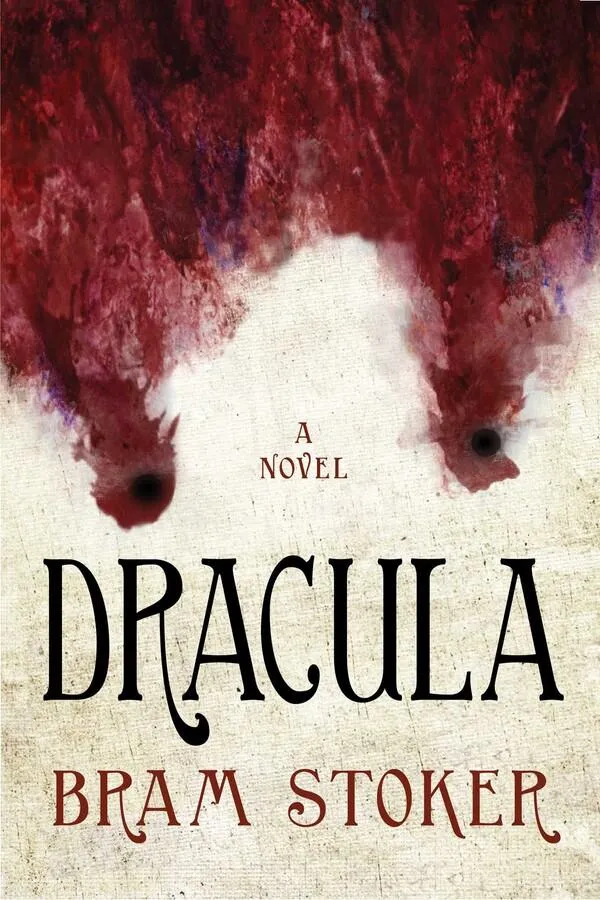Haunted Habits: What Dracula Still Teaches Us

Exploring the quiet ways stories like Dracula shape the way we treat books and knowledge.
Image: Supplied
From whispered warnings to quiet rituals, some stories don’t stay confined to the shelf.
Don’t dog-ear the page. Don’t leave books on the floor. Don’t gift a red-covered novel. These customs might seem trivial, but they reflect something deeper: a reverence for knowledge and the fear of what happens when we mishandle it.
Eventually, I found myself rewatching Dracula.
By the time the credits rolled, I reached for my battered copy of Bram Stoker’s Dracula. This time, the story felt less like a horror tale and more like a conversation with a shadow from the past.
I wasn’t just reading—I was inside the book, standing face to face with the Count himself.
Meeting Dracula: A Moment of Unease
If I ever met Dracula, what would I say? Would I see the charming nobleman beneath the dark cape—or would the superstition woven into his legend stop me in my tracks?
In Dracula, Jonathan Harker describes the Count’s unnerving presence: “His face was a strong—a very strong—an aquiline, with high bridge of the thin nose and peculiarly arched nostrils; with lofty domed forehead, and hair growing scantily round the temples but profusely elsewhere... There was a deliberate voluptuousness which was both thrilling and repulsive...”
There’s a hypnotic tension here. Dracula is both magnetic and terrifying. The very details that make him noble also render him uncanny.
But it’s not just his appearance—it’s what he represents. No reflection in mirrors. Garlic wards him off. A wooden stake is the only way to stop him. These aren’t just story mechanics; they’re rituals born from centuries of fear.
If I stood before him, maybe I’d ask: Why do you haunt the edges of belief? Why do we still fear what you embody?
Dracula as a Living Superstition
Dracula is superstition made flesh, a figure born from layers of cultural anxiety
The characters in the novel don’t fight him with logic alone—they invoke ritual. Van Helsing insists on crucifixes and prayers; the group carefully prepares sacred soil and holy water. These protective acts are not blind faith but survival strategies.
In one memorable scene, Van Helsing explains: "It is better that we should forget and forget... but when the evil has once laid hold, then all the old truths are revealed once more."
Here lies the heart of superstition: when modernity fails, we return to what is ancient and sacred.
What We Still Carry
Reflecting on the rituals we quietly observe today—marking pages with care, avoiding certain gifts, never leaving books on the floor—makes me realise how stories like Dracula live beyond their pages.
They seep into our habits, our warnings, and the way we hold knowledge. Maybe the old saying “Don’t fold the page—bad luck!” isn’t just about preserving paper. It’s a gentle spell, a small act of reverence for the power stories hold.
Because Dracula doesn’t simply climb through windows. He waits for us to forget the rules we were told never to break.
Whispers Between the Pages
Stories like Dracula don’t just haunt us with shadows, they settle into how we treat the things we treasure.
A book left on the floor. A folded corner. A red cover passed between hands.
Each gesture carries something older, something whispered. In honoring these rituals, we don’t just protect stories—we remember why they mattered in the first place.
Perhaps superstition isn't just fear—it's memory passed down in disguise. And in books like Dracula, memory bites back.